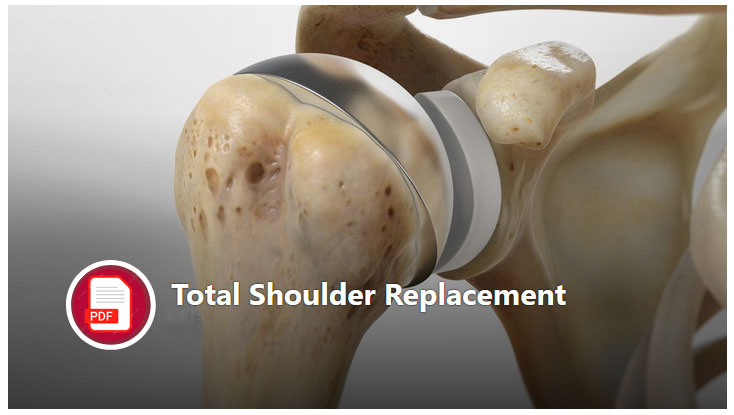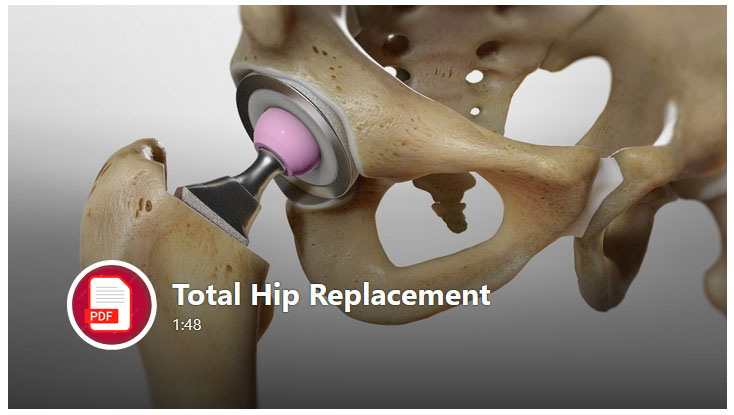Joint Replacement
How we can help you
Joints are one of the most important structures in our body. They play a vital role in allowing movement and providing support to our bones. However, due to various factors such as aging, injuries, and medical conditions, joints can become damaged and painful, ultimately requiring joint replacement surgeries.
Joint replacement surgery is usually recommended when other forms of treatment have not been successful or when joint damage is severe. Some of the most common conditions that lead to joint replacement include: osteoarthritis, inflammatory arthritis, traumatic injury.
However, the type of joint replacement surgery performed is dependent on the cause of joint damage and the severity of symptoms.
Schedule an appointment with our joint replacement surgeons and start your path back to freedom with Comprehensive Orthopaedics.








